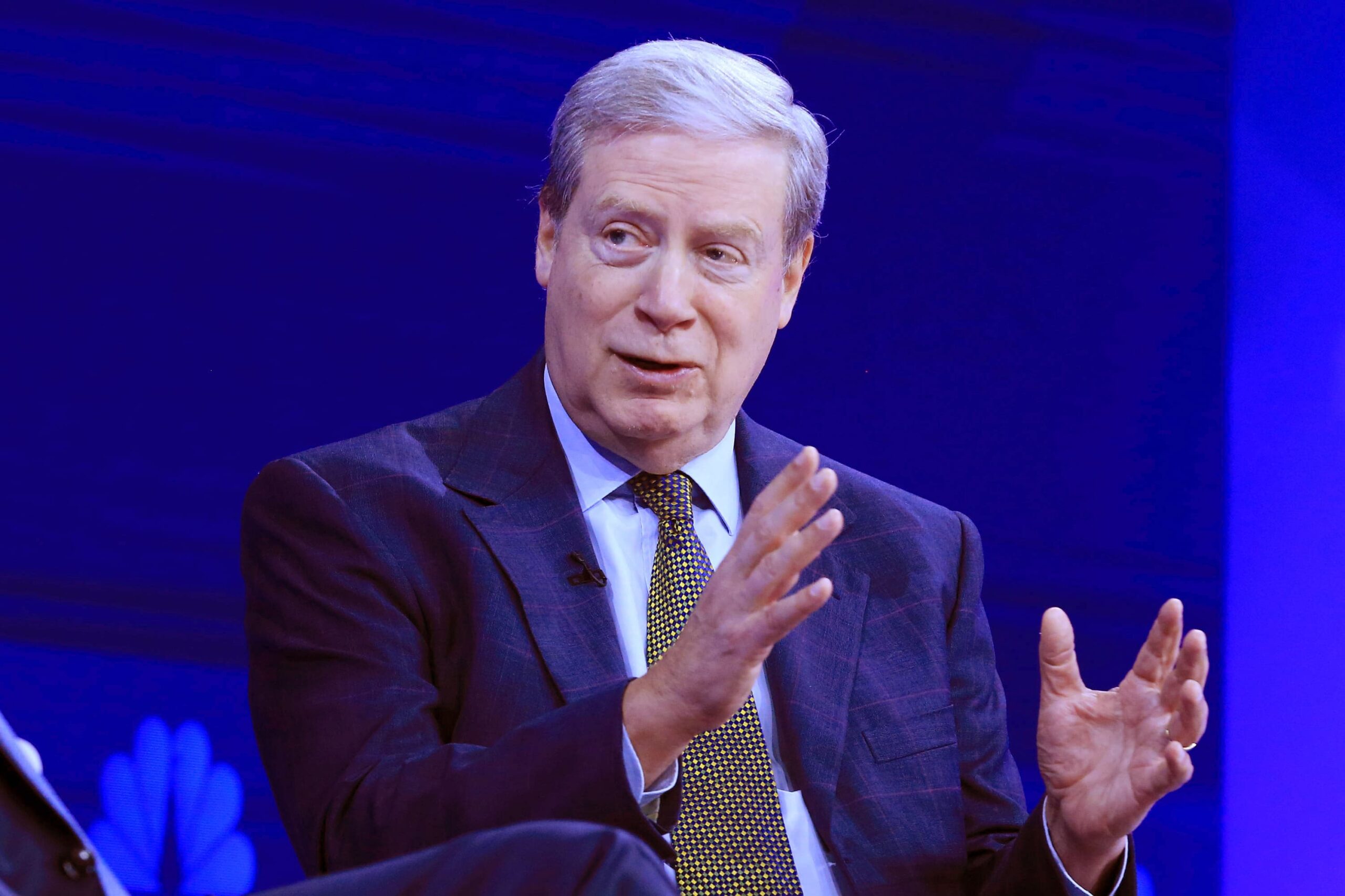
Stanley Druckenmiller , still basking in his winning Nvidia bet, has hit another home run in this bull market. At the end of the first quarter, the famed investor, who runs Duquesne Family Office, revealed a big bet on small caps, which have since turned out to be the hottest trade of the summer amid a sizzling market rotation into unloved cheap stocks and away from megacap tech. Druckenmiller bought call options on 3.16 million shares of the iShares Russell 2000 ETF (IWM) in the first quarter, for a stake worth $664 million at the time, making the bet his single-largest at the end of March. The Russell 2000 index just came off an epic five-day run, rising by more than 1% each day for only the fifth time since 1979, according to Bespoke Investment Group. On Tuesday, the benchmark reached its highest level since January 2022. Small caps took the baton from megacap technology shares to lead the bull market last week on hopes that smaller businesses will benefit most from lower Federal Reserve interest rates. The small-cap benchmark was up 12.8% over the past month, three times the gain in the S & P 500. .RUT 1M mountain Russell 2000 A call option gives an investor the right to buy a security at a set — or strike — price by a certain time. Investors profit from calls when the underlying asset rises in price. As of the end of March, Druckenmiller owned 31,579 call options on small cap stocks, but at an strike price or expiration, according to his family office’s latest SEC filing. When Druckenmiller acquired the position in the first quarter, small caps were significantly underperforming their large-cap counterparts. It’s unknown if Druckenmiller has already sold the stake. Druckenmiller once managed George Soros’ Quantum Fund and shot to fame after helping make a $10 billion bet against the British pound in 1992. He later oversaw $12 billion as president of Duquesne Capital Management before closing his firm in 2010. The investor was recently applauded for his big win on key artificial intelligence player Nvidia. He first bought the chipmaker in 2022 as he grew bullish on the burgeoning industry, comparing the power of AI to the internet. After the stock soared from $150 to above $900, Druckenmiller slashed the stake. He cut the bet by over 70% in the first quarter. “We did cut that and a lot of other positions in late March. I just need a break. We’ve had a hell of a run. A lot of what we recognized has become recognized by the marketplace now,” Druckenmiller said on CNBC at the time.
EMEA Tribune is not involved in this news article, it is taken from our partners and or from the News Agencies. Copyright and Credit go to the News Agencies, email news@emeatribune.com Follow our WhatsApp verified Channel





